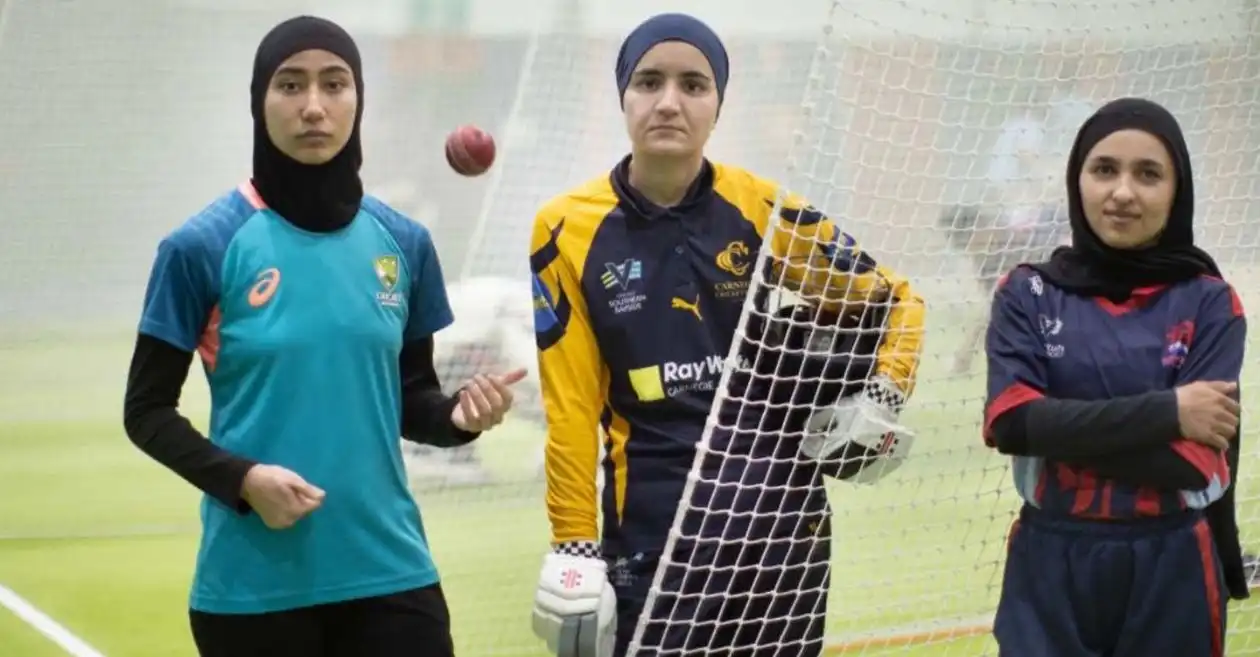

members of the exiles Afghanistan Women’s cricket team makes powerful appeal International Cricket Council (ICC) Take decisive action against the Taliban’s continued ban on women’s sports. Their demands highlight important intersections between sport, human rights and international diplomacy, sparking a global conversation about cricket’s role in addressing systemic oppression.
tragic background
Since the Taliban returned to power in August 2021, Afghan women have faced severe restrictions on education, employment and sports participation. The Taliban’s policies effectively dismantled the Afghan women’s cricket team, forcing the players to flee the country. Many of these players sought asylum in Australia, trying to keep their cricketing dreams alive while grappling with the pain of losing their homeland.
Afghan female cricketer’s demands
lead change, Firouza AmiriA key member of the exile team has publicly criticized the ICC’s inaction. Through media statements and official communications with cricket bodies, Amiri and her teammates have urged the ICC to:
- Afghanistan’s membership suspended until women’s cricket resumes.
- Redirect Afghanistan Cricket Board (ACB) funds to support the exiled women’s team.
- Recognize and support the Afghan Women Cricketers Refugee Team.
Amiri specifically questioned the funds allocated by the ICC for women’s cricket in Afghanistan, saying, “Funding provided by the ICC to the ACB for women’s programs – where did the money go?” She highlighted the glaring gap between the thriving men’s cricket infrastructure and the complete neglect of the women’s game.
return Read: Bangladesh Cricket Board announces dates for women’s BPL inaugural season
Increased international pressure
The plight of Afghan women cricketers has attracted international attention, particularly in the UK. More than 160 British MPs have signed a letter urging the England and Wales Cricket Board (ECB) to boycott the Champions Trophy match against Afghanistan. They called the Taliban’s treatment of women “medieval oppression” and called for a strong global response.
However, the ECB has chosen to oppose unilateral action, citing concerns that a boycott could inadvertently serve the Taliban’s agenda of isolating Afghan society. The Board of Directors advocates coordinated action, led by the International Chamber of Commerce, to comprehensively address this issue.
ICC’s prudent approach
The ICC has so far taken a cautious stance, prioritizing dialogue over sanctions. It established the Afghanistan Cricket Task Force to respond to the situation, aiming to leverage cricket’s widespread influence in Afghanistan to promote social change. Critics, however, argue that the ICC’s response has been too slow and ineffective, failing to adequately address the Taliban’s entrenched policies.
return Read: U19 Women’s T20 World Cup 2025: Broadcast, live streaming details – When and where to watch in India, US, UK, Australia and other countries
This article was first published in Women’s Cricket Netone cricket era company.








